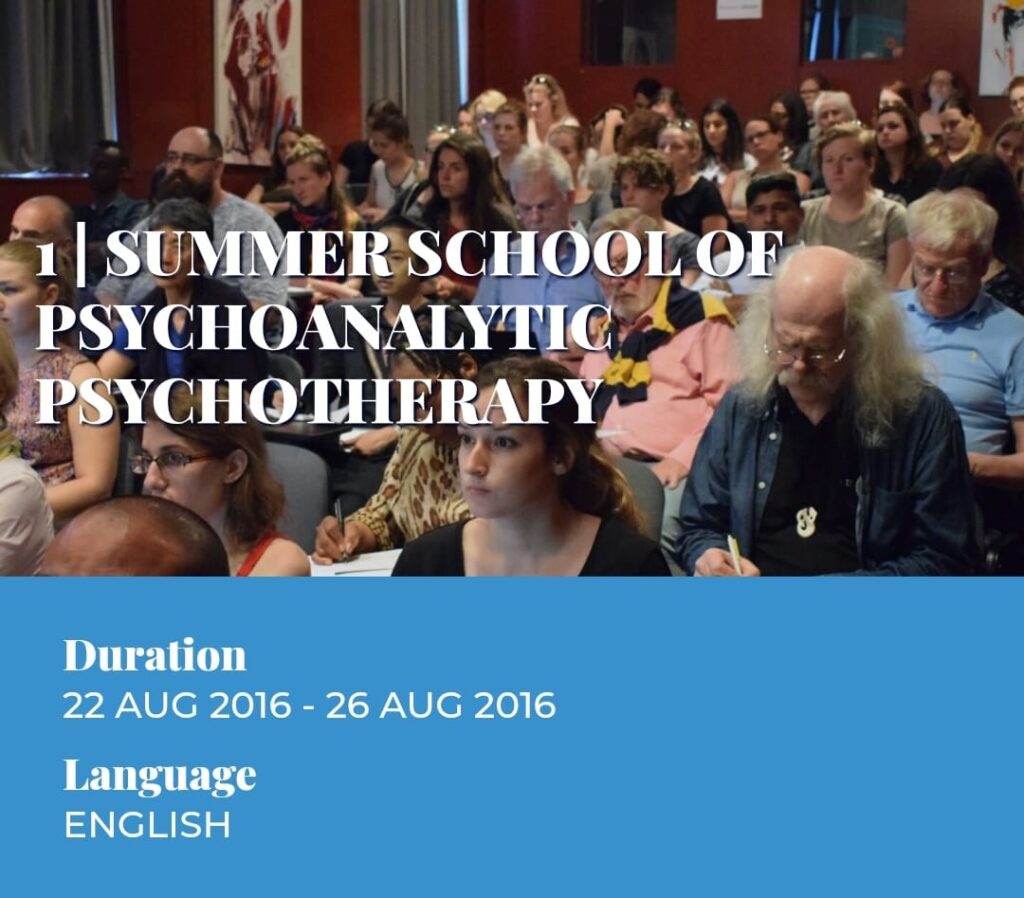
Our course traditionally addresses a single concept or phenomenon as it manifests itself in theory and practice of present-day psychodynamic psychotherapy. For this summer, we dared pick LONELINESS. We say “dared” because it is a concept present in multiple levels of cultural and scientific discourse, and a phenomenon that is pervades lived human experience. From ancient times to modern era, it was invoked and portrayed by poets and philosophers, film auteurs and sociologists, theologists and painters. It both precedes and in some ways conditions psychotherapy.
We may have only very modest offerings for this grand discourse. And yet, the psychotherapeutic theory and technique provides a uniquely useful and potent setting in which an individual can disgorge and disentangle and reconstitute their own multifaceted experience of and responses to it. Psychodynamic field possesses rich and nuanced techniques for exploring and understanding loneliness, its origins in attachment processes, its impact on relational patterns, self-image and personality development, and – if withstood — its contribution to our capacity for self-reflection and creativity.
As in prior years, we will apply core analytical theoretical concepts (transference, unconscious organising fantasy) and practices (creating and maintaining therapeutic frame and alliance and managing tensions between them; interpreting dreams, daytime fantasies and defences, etc.) on the clinical material presented by the participants. Participants always find themselves moved to spontaneously share own experiences, but we encourage them to prepare at least some data in advance (session process notes? notable dreams?)
The goal of this course is to increase our awareness of, and facility with, our own clinical actions and thinking. This will let us be more active and bold in allowing ourselves to hear, to absorb and to contain, and finally to respond to our patients’ emotions, fantasies and aches. This course has proven useful to relative novices in psychotherapy and to experienced practitioners alike. The collegial, inquisitive spirit we nurture allows us to better spot our own countertransference reactions, and recharge our therapeutic passion and gifts.
Najnoviji komentari